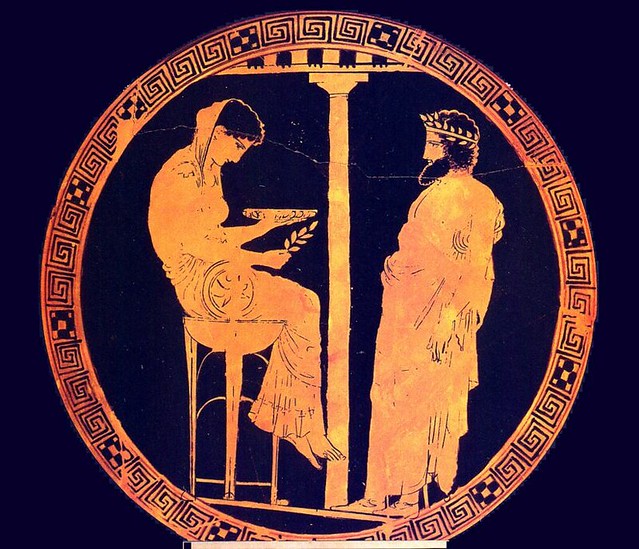“Our love was born
outside the walls,
in the wind,
in the night,
in the earth,
and that’s why the clay and the flower,
the mud and the roots
know your name”
Pablo Neruda, “Epithalamium”, translated by Donald D. Walsh

I love to stroll around old cities encompassed by walls. There is a feeling of womblike safety attached to it. Border walls, however, which are currently proliferating worldwide, seem more ominous. Symbolism of walls oscillates between the themes of separation and protection. In his Dictionary of Symbols, Cirlot cites the Song of Songs, in which Shulamite says of herself: “I am a wall.” But even the mother’s protection can feel stifling and oppressive.
In an interesting book on the history of walls, which I have read recently and which spurred me to write this, the author asserts emphatically that without the walls no civilizations could have been created. Walls made it possible to dedicate human lives to higher, spiritual goals as opposed to the constant fight for survival in the face of external threat:
“The creators of the first civilizations descended from generations of wall builders.” (1)
Cirlot refers us to the rich symbolism of Egyptian hieroglyphs, in which the wall is a sign connected with “rising above the common level” towards transcendence.

The clash between wall builders and those who chose the free existence outside it has shaped civilization. For example, Spartans, who built no walls, expressed disrespect towards those safely ensconced within city walls:
“Yet the walls also stygmatized the builders on the eyes of the warriors, who questioned the courage and manliness of those who chose to live in cages. Over time, the gulf between those who would build walls and those who would roam freely across a world without boundaries only grew wider. The coexistence of workers and warriors was never peaceful.” (2)
Franz Kafka wrote a story called “The Great Wall of China,” whose narrator is an unnamed inhabitant of a Southeast Chinese province, situated close to Tibet. The story asks fundamental questions about humankind’s relationship with the law, symbolized here by the great wall. Kafka seems to be saying that we cannot function outside the wall/the law, though its the impermeability is an illusion, as there are many gaps in it:
“In fact, there are said to be gaps which have never been built in at all, although that’s merely an assertion which probably belongs among the many legends which have arisen about the structure and which, for individual people at least, are impossible to prove with their own eyes and according to their own standards, because the structure is so immense.”
Yet Kafka has no doubt that walls may stand in direct contradiction to the chaos of human nature, and impermanence is their fundamental feature:
“Human nature, which is fundamentally careless and by nature like the whirling dust, endures no restraint. If it restricts itself, it will soon begin to shake the restraints madly and tear up walls, chains, and even itself all over the place.”

Notes:
(1) David Frye, Walls: A History of Civilization in Blood and Brick
(2) Ibid.


Support my blog
If you appreciate my writing, consider donating to support my work. Thank you very much in advance.
$1.00












Short but interesting post. I’m now feeling like I need to listen to Pink Floyd’s “The Wall” again. And yes, the old walled cities are fascinating. They are much more common in Europe than the US. Although, here we have an abundance of gated (ie – walled) communities. But that can be a whole other discussion 😉
LikeLiked by 3 people
Thank you, Jeff. I was obsessed with The Wall as a teenager – “I don’t need no arms around me.” When Communism was about to collapse, the anthem of Solidarity was actually called ” Walls” and the chorus was “And the walls shall fall down, fall down, fall down. And they will bury the old world.” We all sang it then.
Yes, it is a short post but a very personal topic for me, all the same.
Monika
LikeLiked by 2 people
There is an art to writing short posts. And yes, I can tell that the topic is meaningful for you. Glad you shared it. Hoping you and your family are holding up ok with all the insanity over there. Hoping some day our species will evolve.
LikeLiked by 3 people
Perhaps any wall is a symbol of limitations. How many of their walls are there in the world? Everything that N. Roerich created supports a Culture based on human values. It makes sense to learn more about Roerich.
LikeLiked by 2 people